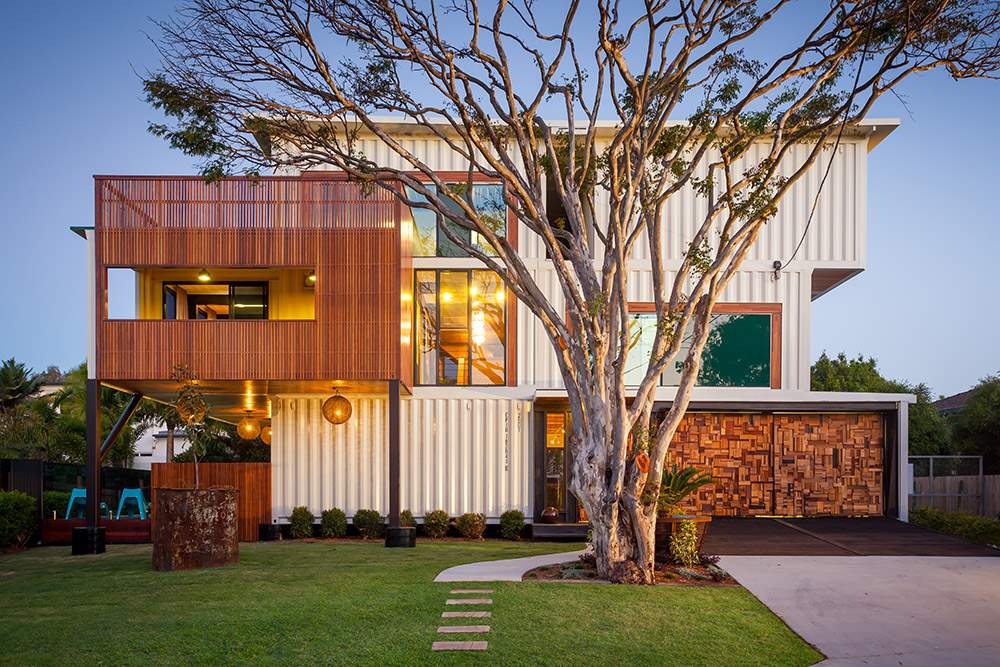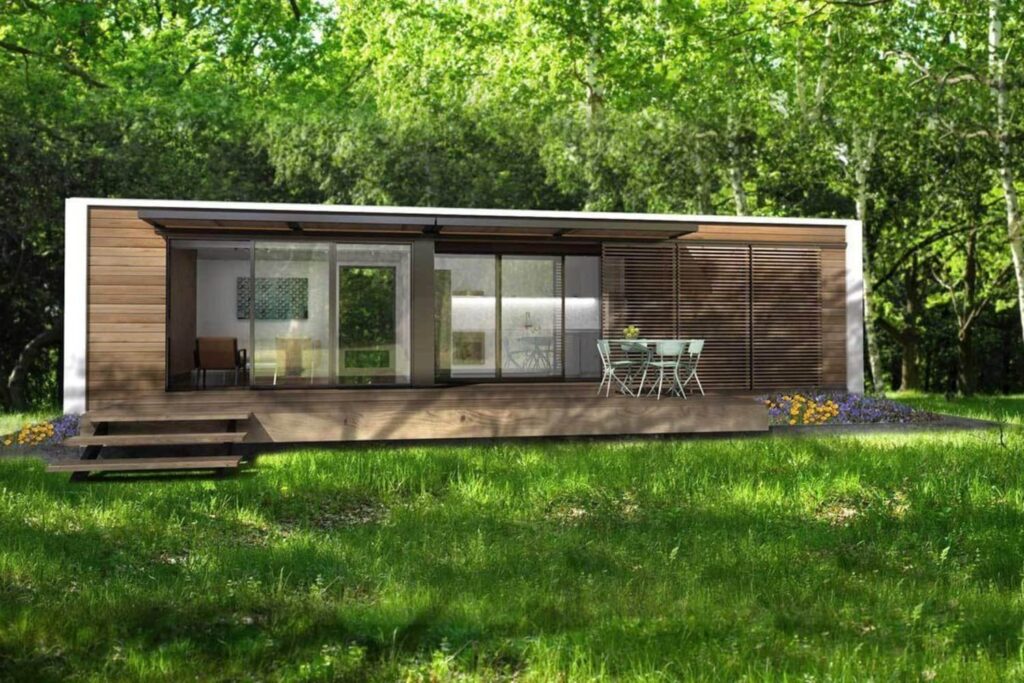Introduction: The pricing of container houses, or “harga container house” in Indonesian, serves as a pivotal factor influencing their appeal and widespread adoption. Understanding the advantages tied to container house pricing highlights their value in offering affordability, cost-effectiveness, versatility, and sustainability. This exploration aims to dissect the merits of container house pricing, emphasizing its multifaceted advantages in modern housing solutions.
Exploring the Benefits of Container Homes in Affordability and Cost-Effectiveness
Firstly, container house pricing underscores unparalleled affordability. These structures, repurposed from shipping containers, often come at a fraction of the cost of traditional housing. The utilization of these pre-existing containers significantly reduces material expenses and, subsequently, the overall cost of construction. This affordability renders container houses an accessible option for individuals seeking budget-friendly yet functional housing alternatives.

Moreover, container house pricing embodies inherent cost-effectiveness. The controlled environment of container fabrication minimizes material wastage, optimizing resource utilization. The streamlined construction process further reduces labor expenses, contributing to their cost-efficiency. This aspect is particularly attractive to those seeking efficient and economically viable housing solutions.
Additionally, the pricing of container houses aligns with sustainability goals. Repurposing shipping containers not only reduces environmental waste but also minimizes the demand for new construction materials. Furthermore, the adaptability of these structures encourages eco-friendly features like solar panels, rainwater harvesting systems, and energy-efficient insulation, amplifying their environmental sustainability.
Furthermore, the modular nature of container houses adds to their cost advantages. The ability to expand or modify container homes over time allows homeowners to adjust their living spaces according to changing needs without incurring substantial additional costs. This adaptability and scalability provide long-term value and cost efficiency.

Beyond pricing, the versatility of container homes amplifies their appeal. They can serve as permanent residences, temporary housing, offices, or commercial spaces, showcasing their adaptability to diverse needs and environments.
In conclusion, the pricing of container houses embodies a range of advantages, including affordability, cost-effectiveness, sustainability, adaptability, and versatility. These homes represent an intersection of functionality and budget-conscious design, catering to evolving housing needs while emphasizing economic viability and environmental responsibility. Understanding and leveraging the advantages tied to container house pricing position them as a pragmatic and sustainable solution in the contemporary housing market.